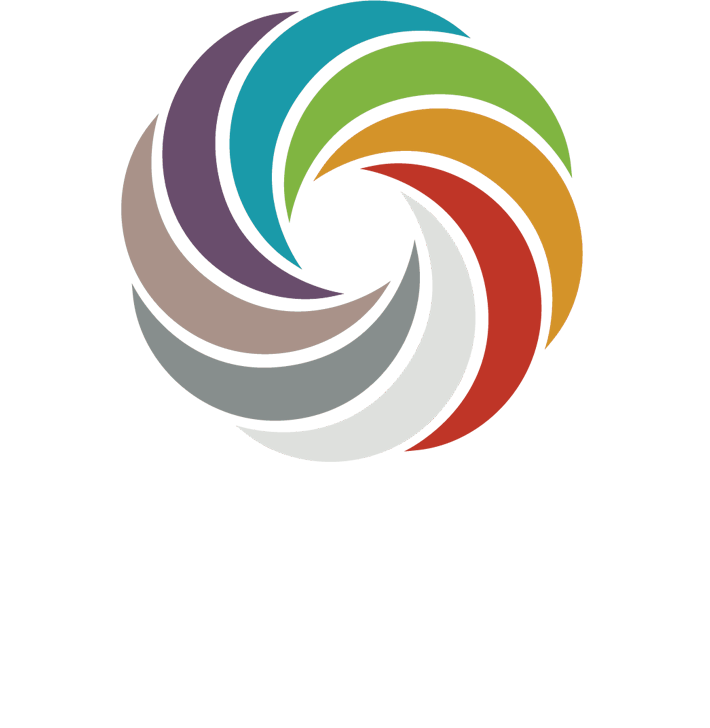Sinusitis is a common medical condition that occurs when there is an inflammation in the sinus cavity. It can be classified as acute sinusitis, which lasts up to three months, or chronic sinusitis, which lasts three months or longer. Inflammation can be caused by bacteria or viruses, or it can be in response to allergies, tobacco use, or environmental irritants.
When inflammation does not clear on its own, doctors can provide a comprehensive evaluation with minimal discomfort. This allows for diagnosis of the cause of inflammation and identification of any anatomic abnormalities, such as nasal or sinus polyps, a deviated septum, swelling, or abnormal nasal secretions.
Medication is typically the first course of treatment for sinusitis, but when that is ineffective surgery might be necessary. This is an outpatient procedure performed under general anesthetic.
If you suffer from difficulty breathing through your nose or develop frequent sinus infections, and first-line medical treatments have been ineffective, help is available. Better breathing can improve sleep, quality of life, and overall health.




